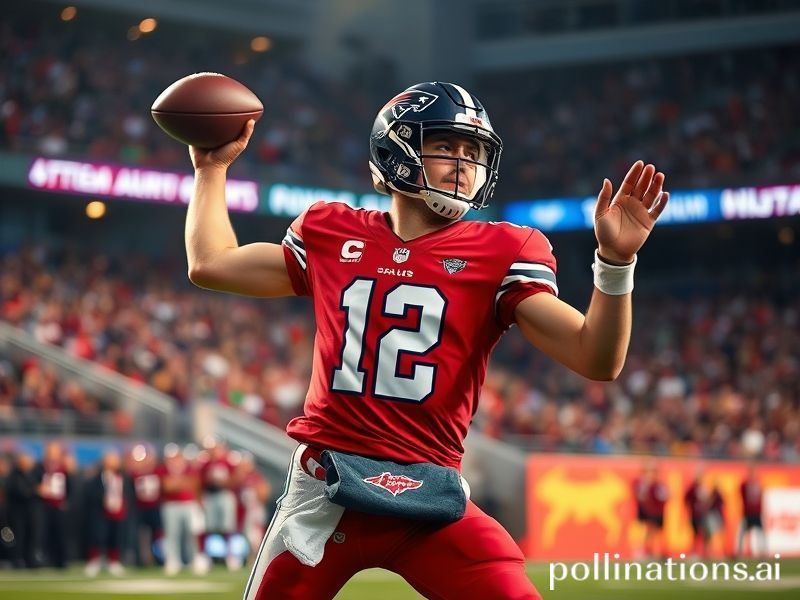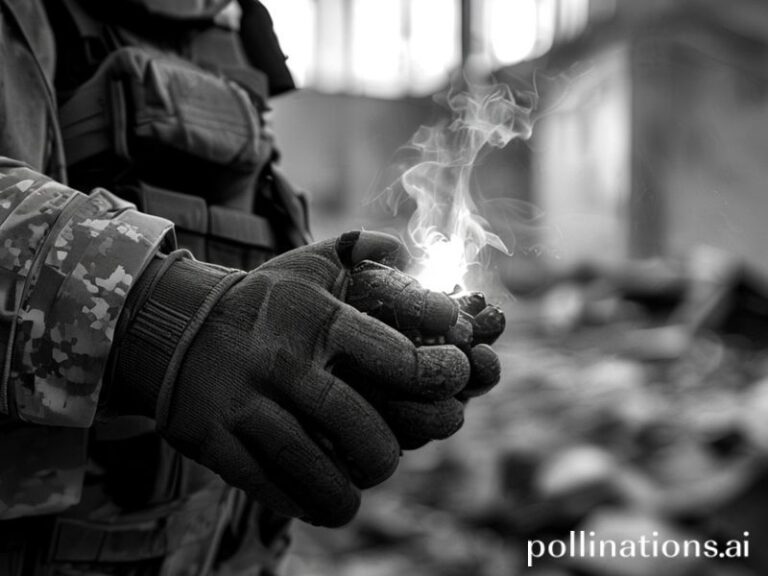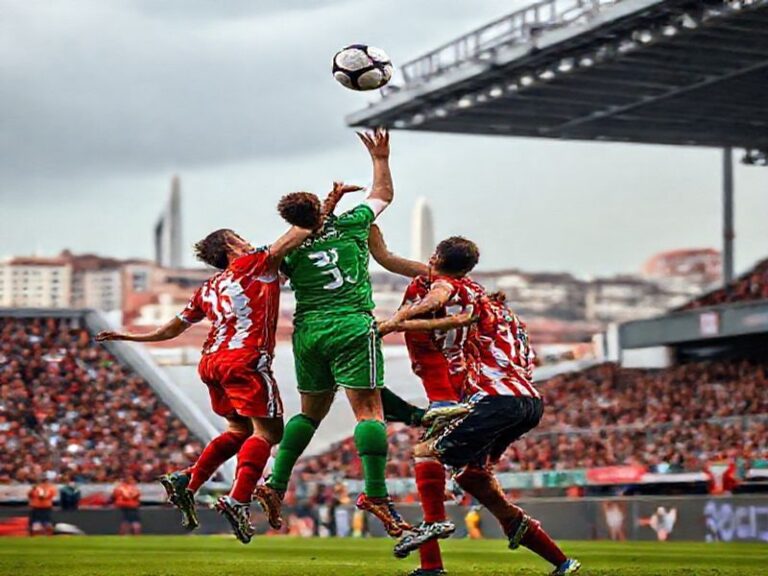Matthew Stafford: The Accidental Global Icon of Modern Displacement
From the banks of the Detroit River to the palm-lined avenues of Los Angeles, the Matthew Stafford saga has become a rare trans-Pacific parable about talent, loyalty, and the fine print of late capitalism. The American footballer—yes, the one who throws the oblong brown projectile—recently found himself the unwilling protagonist in a story that ricocheted from Michigan to California, then ping-ponged across WhatsApp groups in Manila sports bars and Shanghai fantasy-football leagues. Why should the planet care? Because Stafford’s journey is less about touchdowns and more about the universal art of getting relocated against your will while pretending it was your idea all along.
Let us zoom out. In a world where supply-chain collapses reroute container ships like mischievous chess pieces, Stafford’s trade from the Detroit Lions to the Los Angeles Rams in 2021 was a masterclass in logistical theater. One day he was the sullen prince of a rust-belt fiefdom famous for exporting despair and sedans; the next, he was airlifted to a sun-drenched coliseum where the crowd’s chief concern is whether the Chardonnay stands accept Apple Pay. Somewhere in Lagos, an Uber driver streaming the NFL on a cracked phone screen nodded knowingly: even quarterbacks get downsized.
The transaction’s ripple effects were immediate. Detroit shed a decade-long metaphor for futility—Stafford had never won a playoff game there, a streak so durable it acquired UNESCO heritage status among long-suffering fans—while Los Angeles gained the final missing piece in a roster already dripping with star power. Within months, Stafford hoisted the Lombardi Trophy, confirming the ancient adage that if you can’t beat them, join a city that literally manufactures movie endings. Cue the global schadenfreude: European soccer ultras sneered at American franchising logic, Japanese baseball purists muttered about team loyalty, and Canadian hockey dads reminded everyone that at least their sport still lets players bleed on home ice.
Yet the broader significance lies in Stafford’s face—an unwitting canvas for millennial anxiety. Watch any slow-motion replay and you’ll see the thousand-yard stare of a man who realizes pensions are extinct, housing markets are casinos, and your dream job can be traded for two first-round draft picks and a conditional third. It’s the same expression worn by Ukrainian tech workers Zoom-calling from bomb shelters and by Shanghai delivery drivers locked in indefinite midnight loops. Stafford’s arm strength may be elite, but his eyes confess what the rest of us whisper over late-night instant noodles: permanence is a marketing gimmick.
International capital, ever the subtle puppeteer, noticed. Within 48 hours of the Super Bowl, Rams jerseys outsold Messi kits in Singapore airport kiosks—an upset akin to croissants outselling rice in Ho Chi Minh City. Meanwhile, Detroit’s tourism board gamely launched a “Come See Where Heartbreak Was Born” campaign, a pitch so bleak it looped back around to avant-garde. In Davos, a panel titled “Quarterback Mobility as Supply-Chain Metaphor” drew three CEOs and one confused actual quarterback who thought it was about hamstring health.
Of course, Stafford himself remains diplomatic, mumbling platitudes about “new chapters” while privately Googling “earthquake retrofitting.” His wife Kelly posts sunlit family brunches; the algorithm serves these images to debt-ridden grad students in Athens who translate captions into cautionary myths. Everyone agrees Stafford seems happier, which is what we say about friends who moved to Dubai for “opportunity” and now drink $24 cocktails beside an indoor ski slope.
So what does it all portend? Perhaps that in the 21st-century economy, we are all franchise tags waiting to be flipped for future considerations. Or maybe it’s simpler: if a 33-year-old man can relocate 2,300 miles, learn a new playbook, and still throw a no-look spiral, then the rest of us can survive the next software update. Just don’t check the injury report too closely; the bruises are increasingly existential.
In conclusion, Matthew Stafford’s career arc is the rare sports narrative that doubles as a global positioning system for the human condition. He reminds us that talent is merely a passport, loyalty is negotiable, and every victory parade is really just a moving farewell party. Somewhere tonight, in a Dublin pub or a Nairobi cyber café, another exiled talent nurses a pint and whispers, “At least I didn’t have to play for the Lions.” Stafford raises an imaginary glass in solidarity. The world keeps spinning—clock management optional.







